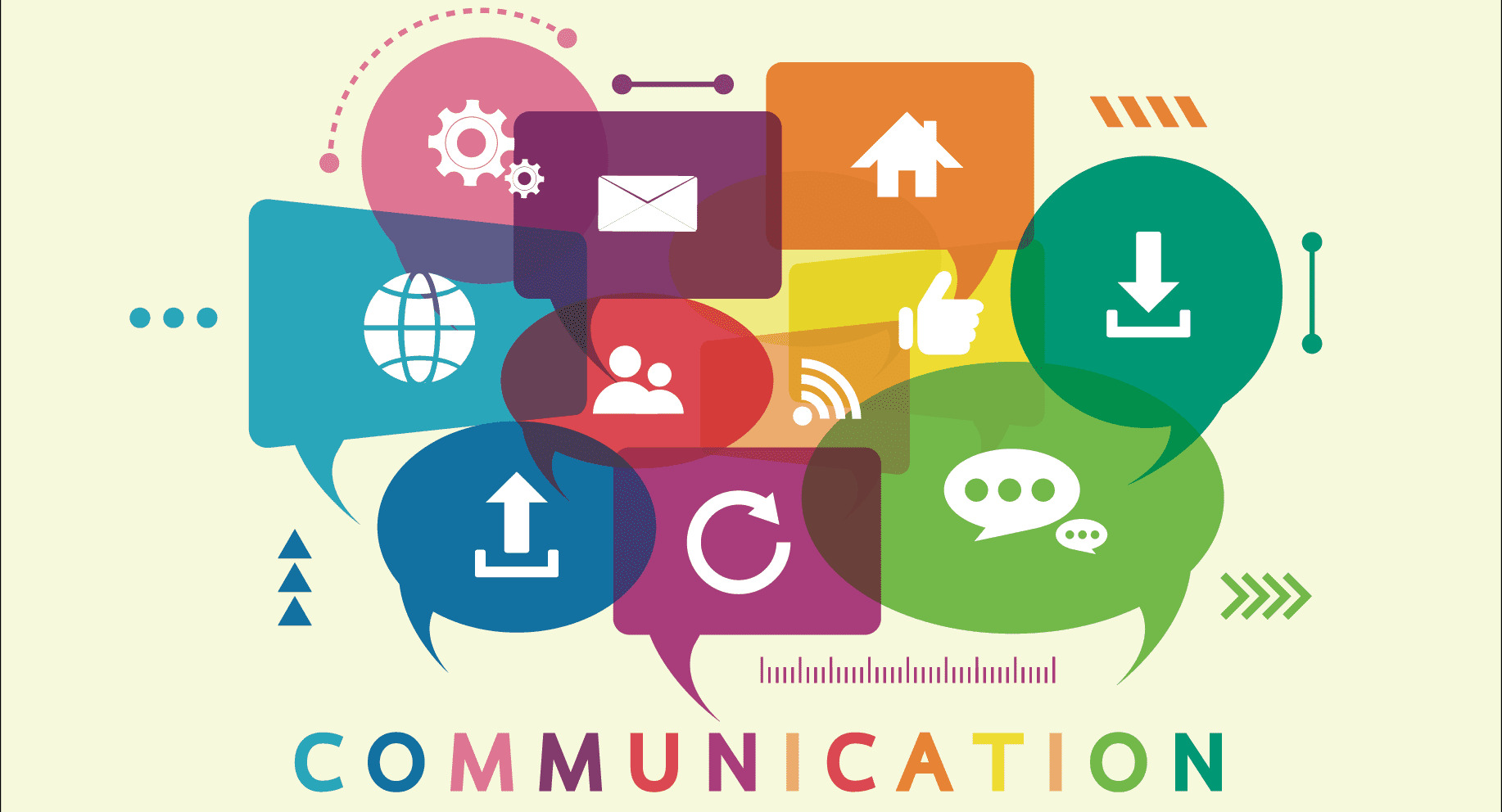“Communication is a skill that you can learn. It’s like riding a bicycle or typing. If you’re willing to work at it, you can rapidly improve the quality of every part of your life.”
Here are five simple everyday practices that will bring a noticeable difference to your communication skills and help you achieve mastery over communication skills.
-
Make eye-contact while speaking:
One of the most important things about effective communication is to make eye contact while addressing someone, or a group. We all have been in the situation where we’ve mentally screamed at the person addressing us by going “hello, my eyes are here!” or been the other person who finds it much easier to speak when looking at an inanimate object (because that’s less intimidating). I remember, in my school, we were all taught to stare at the wall while speaking so that we don’t get nervous. Now I know why it was one of the worst things I learnt. But, like they say, it is never too late to unlearn and re-learn. When you maintain eye-contact with the person you are addressing, he/she feels like you are not only being attentive, but are also interested and right there with them, and not drifting off.
-
Remember the name(s) and mention it:
Remember the name of the person you are talking to, and end the conversation by mentioning it. For example, “Alright Philip, it was great talking to you”, or in the middle of your conversation, “so Philip, what do you think about this?” When you refer to them by their name, instead of using generic statements, it does make an impact and the person being addressed understands you were attentive, which is crucial.
-
Avoid using ‘fillers’ at all cost:
All of us tend to use syllables which may range from among the following – “umm”, “like”, “so…”, “uh”, “actually”, when we find ourselves running out of words. Even when we have plenty to say, we end up using these fillers, because we tend to get nervous. Be conscious to avoid using fillers, and the only way you get good at it is by practice!
-
Listening is the key:
Do not listen with an intention to retort but with the intent to understand. When you listen and analyze carefully what the other person is saying, you will be able to coherently form logical and rational sentences in your head while responding, instead of simply jumping to conclusions just so that you can make your point and have the last word.
-
Be precise and specific:
Do not beat around the bush. A great way to avoid that is to follow the “BRIEF” acronym, for both, written and verbal communication. BRIEF stands for – Background, Reason, Information, End and Follow up. This will ensure you are clear and concise, while communicated exactly what needs to be communicated, and doing so effectively.
Practice does make for perfect. Remember these 5 tips and try to implement them whenever you get an opportunity, even when you aren’t at work. Do not shy away from conversation, express yourself regardless of the fear that you may fumble and also read a lot, especially newspapers, or at the very least the editorials of newspapers. Read some of our other posts on achieving mastery over communication skills. Good communication skills – spoken or written can open doors you never even thought existed. So go ahead, outshine the competition. Get the edge. That is some food for thought 🙂




